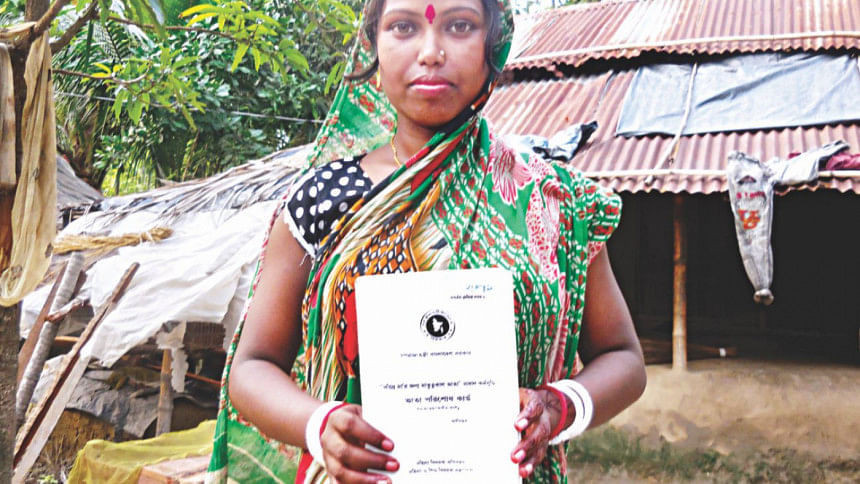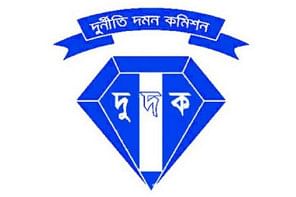The meaning of “information” under RTI Law – PART 2

UNDER ideal conditions, the fact that citizens can access any information should act as a deterrent to those who seek to use their power to distort the system. How effectively transparency deters the abuse of power is dependent on how far the citizens are willing to use the information accessed and how supportive are the follow-up mechanisms, like the disciplinary authorities, the police, the courts, and the media.
Be that as it may, the use of RTI is generating unprecedented enthusiasm among ordinary people, particularly the marginalised communities throughout the country. Some credit for this, of course, goes to NGOs who help people with the RTI process. However, since funds are limited, their outreach is limited too. Nevertheless, where such help is made available, the positive outcome over time, both in terms of less abusive and friendlier behaviour of concerned officials as well as in obtaining the benefits sought, is clearly contributing to bolstering the confidence of the people. In many instances, there are noticeable personality changes among them.
When people, even the poorest of the poor, experience that they have a legal right to ask for and get information, or at least a response, from powerful civil servants whose shadows they would not dare to cross in the past, it generates a sense of empowerment and a feeling that they are much less unequal and oppressed than they thought. RTI activists throughout the country regularly witness this on the faces of applicants who, for example, succeed in obtaining free medicines from government clinics which were earlier denied to them. The joy and jubilation demonstrated by the bede community (river gypsies) when they learnt that they were given 19 allotments under the government's "one house on farm" programme, was clearly tinged with a sense of empowerment and confidence. Similarly, those who got old age benefits, maternity benefits, employment benefits and the like, behaved as if they were lifted to a higher status. By creating confidence and uplifting their morale, RTI visibly contributes to changing poverty-mindset even of the most down-trodden.
The case study we are providing today largely relates to the above experience, except that it went through the whole gamut of the RTI process, from application to appeal, to complaint. It also shows how the Information Commission can play a positive role in steering the law to the right direction. The case also demonstrates the drive and determination of seven most deprived women from a marginalised community in southern Bangladesh and the heart-warming outcome of their RTI intervention.
We would like to conclude by saying that the final challenge for RTI is to ensure that not only those who use the Act get justice, but that the use of it forces the system, over time, to deal with everyone justly.
Addresses of some relevant RTI-related websites: Error! Hyperlink reference not valid.; www.article19.org; www.dnet.org.bd; www.mrdi.org; www.nuhr.org; www.nijerakori.org; www.ti-bangladesh.org; www.mass-line.org; www.rib-bangladesh.org
The authors are Chairman, Research Initiatives, Bangladesh (RIB) and Project Coordinator (RTI section) RIB respectively.
Claiming rightful entitlements for the Bagdi community
Anjali Mondol, Jayanti Mondol, Bhola Mondol, Shikha Mondol, Namita Mondol, Shankar Goldar and Santana Mondol, all belong to the Bagdi community of Komorpur village, Dhulihar Union of Satkhira District in southern Bangladesh. Bagdis are an ethnic group who are traditionally fishermen by occupation. A majority of them live below the poverty line. They had heard that the local authorities under the auspices of the Upazila Nirbahi Office had obtained some funds from the Prime Minister's Office aimed to alleviate the poverty of ethnic groups. It consisted of cash as well as paddle vans that were for use of the most disadvantaged. But none in their community had received it. They first put their heads together on strategising the best way to go about their claims.
Having been sensitised to the scope and objectives of RTI by facilitators belonging to their own community, they submitted an RTI application to the Designated Officer (DO) of the Upazila Nirbahi Office (UNO) seeking, among other things, information on the guidelines followed to enlist recipients of the funds from their area to buy paddle vans provided under a fund from the Prime Minister's Office meant for ethnic communities.
As they received no response within the stipulated period of 20 working days, they submitted an appeal to the DC's office. But they received no response to their appeal within the stipulated 15 working days either. So they filed a complaint to the Information Commission (IC) in Dhaka.
At the complaint hearing on October 29, 2014, where the UNO and the seven complainants were present, the former admitted that there was indeed pressure on him from influential people of the area which had affected selection of beneficiaries. The IC took the UNO to task for his failure to provide the information sought by the complainants and asked him to take necessary corrective measures within the next five days. The complainants were overwhelmed by this decision and the courtesies shown to them by the commissioners, both collectively and individually. Their joy and disbelief at such an unprecedented outcome put large smiles on their faces.
Happily for them and for the RTI regime, the UNO not only provided the information sought by the applicants within the five days but also awarded them the money to buy the paddle vans. The event electrified the community and is considered a milestone in their fight against poverty.

 For all latest news, follow The Daily Star's Google News channel.
For all latest news, follow The Daily Star's Google News channel. 



Comments